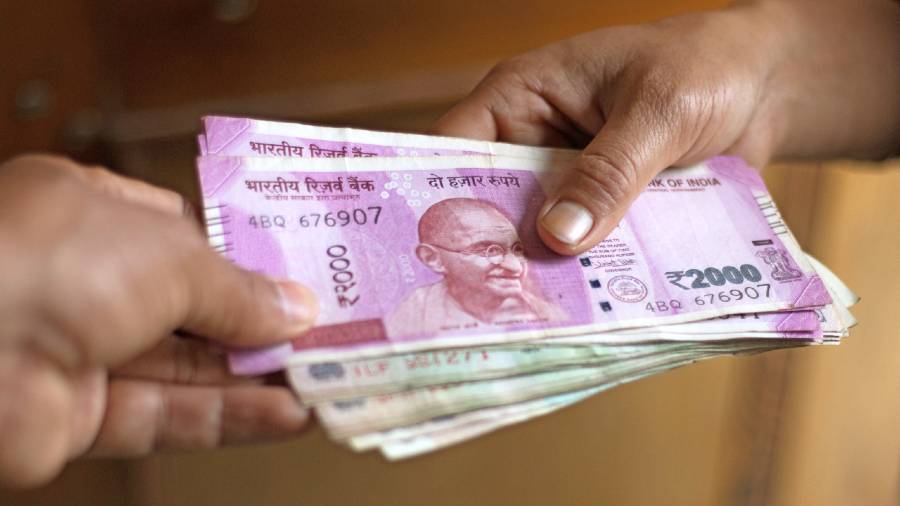The Modi government is likely to increase the payout to farmers under the PM Kisan Scheme in the budget to Rs 8000 per annum from Rs 6000 per annum.
The budget allocation to the agriculture sector will be made in the backdrop of the repeal of the three farm laws and the upcoming elections in five states — Uttar Pradesh, Punjab, Uttarakhand, Goa and Manipur.
Sources said several policy measures benefiting farmers are likely to be announced in the budget — in the wake of the sector displaying resilience during the pandemic.
Expectations are that the allocation under the PM-Kisan scheme — which benefits about 10.09 crore farmers — would be increased from Rs 65,000 crore in the last budget.
Finance minister Nirmala Sitharaman may also announce the setting up of a panel on MSP (minimum support price) for all crops, a key demand of the agitating farmers. Prime Minister Narendra Modi, while announcing the repeal of the farm bills, had announced a committee on MSP.
A budget announcement would give it more credence.
Analysts said such announcements would not violate the model code of conduct for the poll as they are not targeted to a particular state.
Farm expert Devinder Sharma said a panel on MSP has assumed importance as the latest Situational Assessment Survey for Agricultural Households 2019 has clearly indicated income from crop cultivation has fallen to Rs 27 per day.
Credit target
Sources said the government was likely to raise the farm credit target to about Rs 18 lakh crore in the budget.
For the current financial year, the government has set a credit target of Rs16.5 lakh crore.
The government fixes annual agriculture credit, including crop loan targets for the banking sector. The agricultural credit flow has increased consistently over the years, exceeding the target set for each fiscal.
The government is providing a two percent interest subsidy to ensure farmers get short-term loans of up to Rs 3 lakh at an effective rate of seven per cent per annum.
An additional incentive of three percent is being given to farmers for prompt repayment of loans within the due date, making the effective interest rate four per cent.
The government could enhance the interest subsidy and also extra incentives to ensure the timely payment of the loans.











